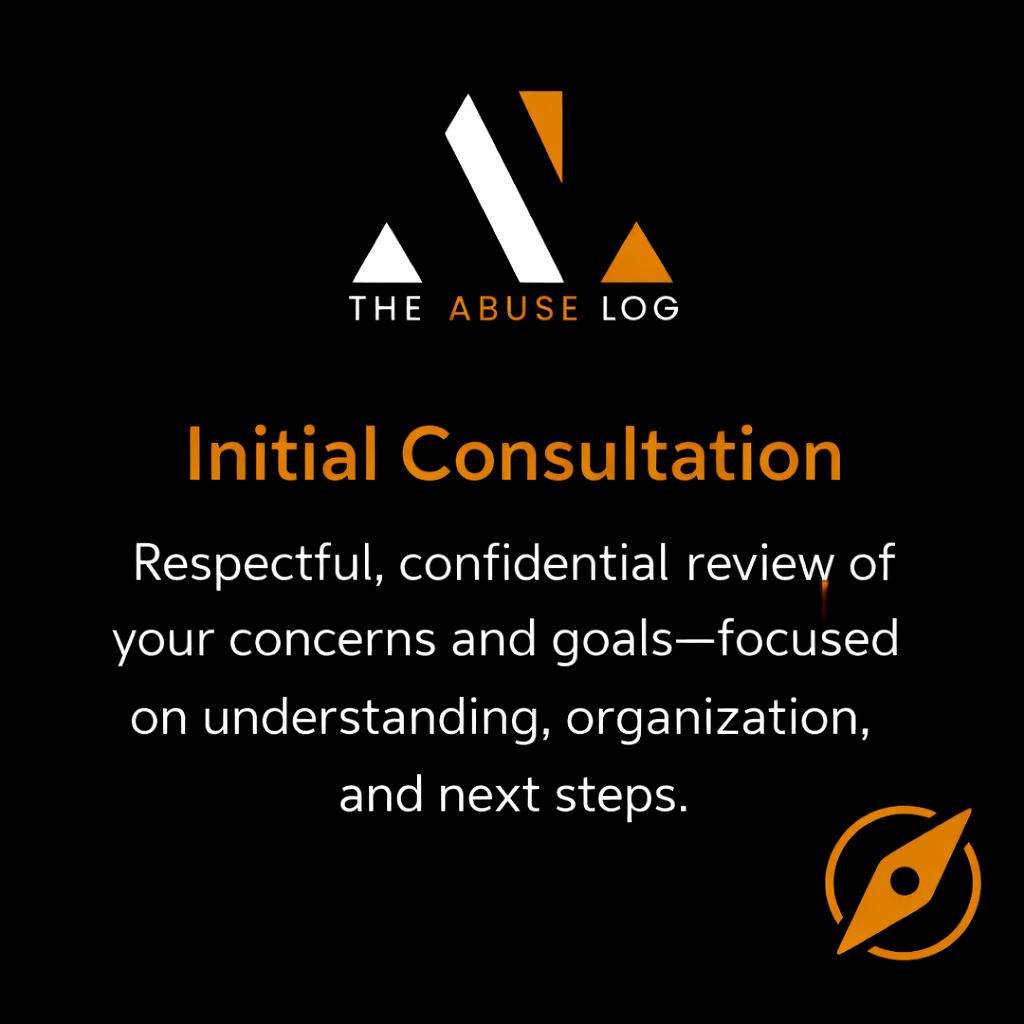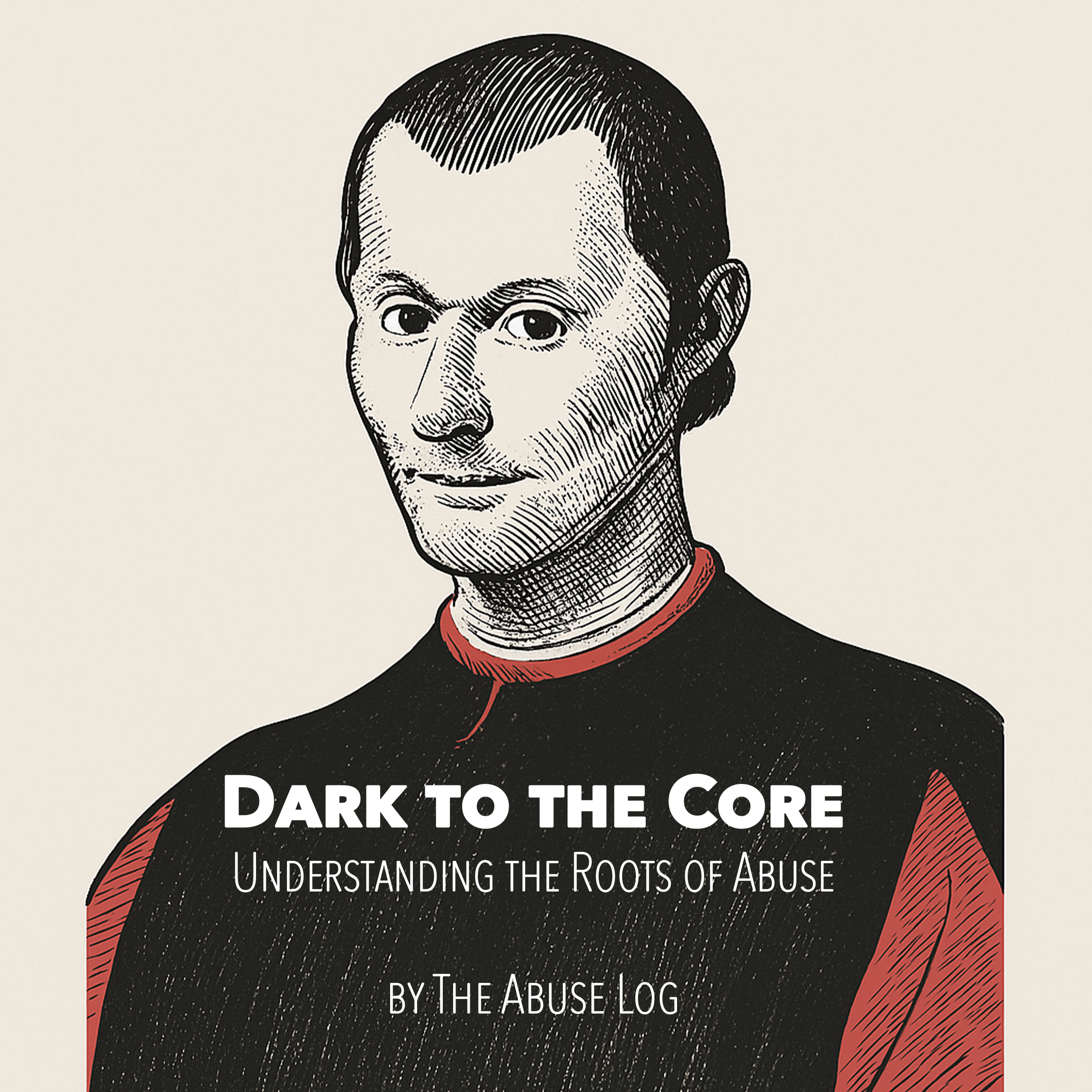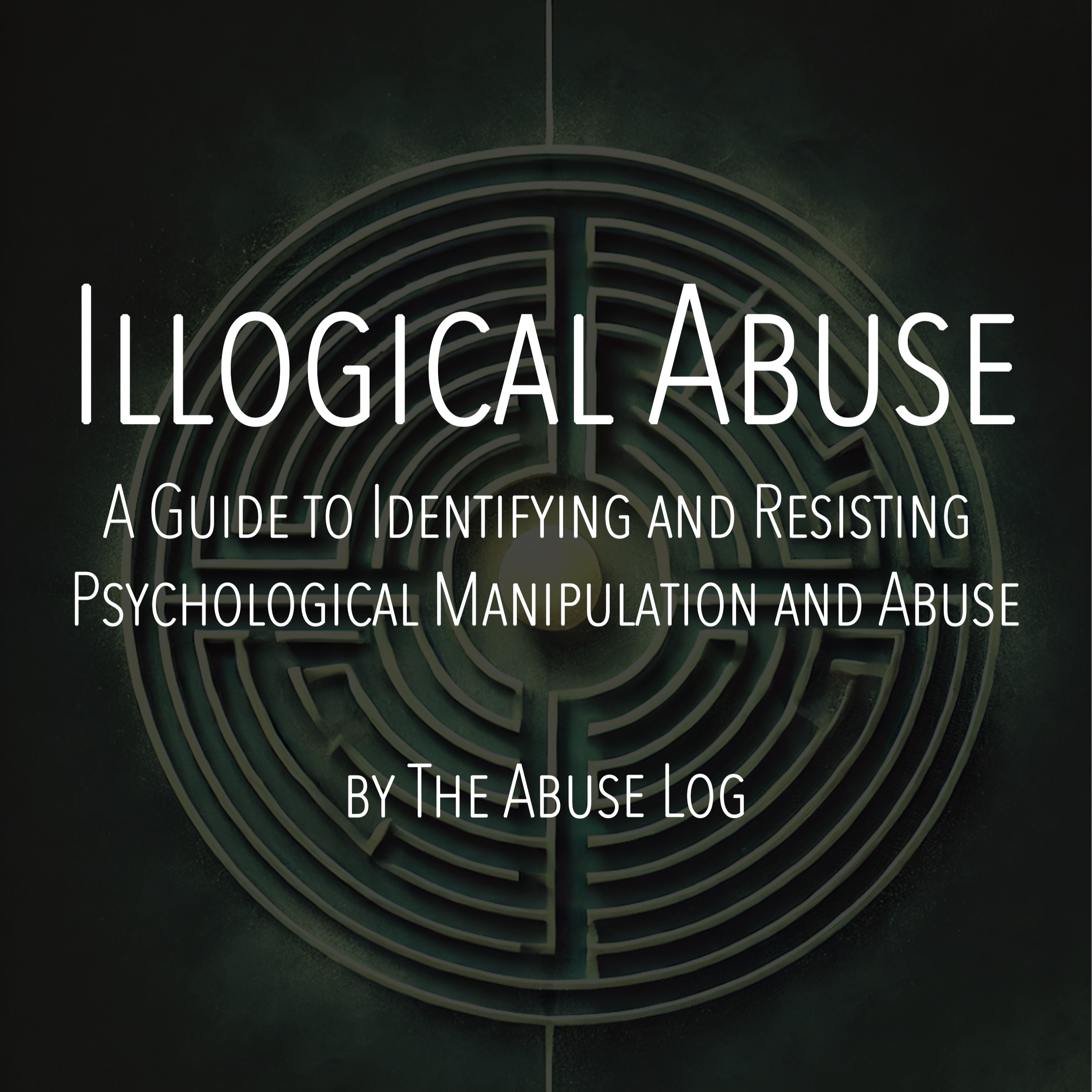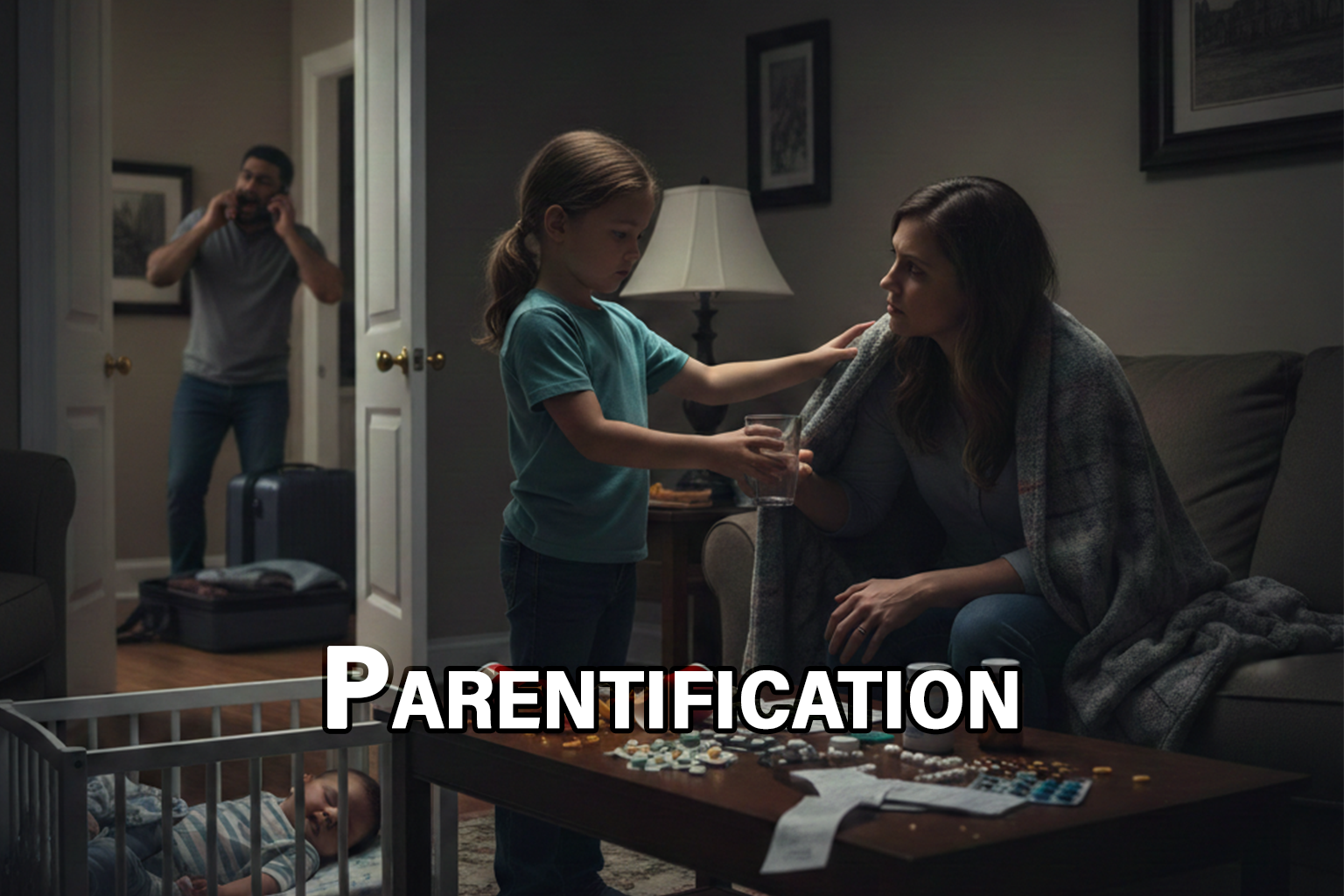Using the Legal System to Abuse Fathers, In Spite Of the Best Interests of the Child
In an ideal world, family courts would ensure that the best interests of the child are upheld, fostering fairness and shared responsibility between parents. But in many cases, particularly when a loving and stable father is involved, the legal system can be manipulated by the mother to control or alienate the father. This misuse of legal mechanisms often results in devastating consequences for both the father and the child. Despite a father’s best efforts, some mothers exploit the system, denying access and perpetuating a cycle of harm that contradicts the very principle of protecting the child.
As society increasingly recognizes the importance of fathers, the challenges faced by many men in custody battles remain pressing. Fathers who want to be active participants in their children’s lives often find themselves sidelined, battling false allegations, parental alienation, and manipulative legal tactics. These practices not only harm the father-child relationship but also have serious long-term impacts on the child’s well-being.
“Fathers who want to be active participants in their children’s lives often find themselves sidelined, battling false allegations, parental alienation, and manipulative legal tactics. ”
The Real Costs of Fatherlessness
While this article addresses the injustices faced by fathers who are unjustly denied access, it is essential to underscore the significant harm that comes from children growing up without a father. For children, the absence of a loving, stable father—particularly due to legal abuse and manipulation—often leads to life-altering challenges. The statistics are sobering:
Crime: 85% of youth in prisons come from fatherless homes (Texas Department of Corrections).
Behavioral Issues: 71% of high school dropouts and 90% of homeless/runaway children come from fatherless homes (National Principals Association).
Substance Abuse: Fatherless children are more likely to abuse drugs and alcohol (U.S. Department of Health and Human Services).
Teen Pregnancy: Girls from fatherless homes are 7 times more likely to become pregnant as teens (CDC).
Mental Health: Children without fathers are more prone to depression and anxiety (Journal of Marriage and Family).
Poverty: Children from fatherless homes are 4 times more likely to live in poverty (U.S. Census Bureau).
Education: Fatherless children are twice as likely to repeat a grade and score lower on standardized tests (National Center for Education Statistics).
Emotional Health: Children in father-absent homes are more likely to experience behavioral problems, including aggression and hyperactivity (Psychology Today).
Suicide: 63% of youth suicides come from fatherless homes (U.S. Department of Health and Human Services).
Abuse: Children in fatherless homes are 10 times more likely to experience abuse (Centers for Disease Control and Prevention).
Juvenile Detention: 70% of juveniles in state-operated institutions come from homes without fathers (U.S. Department of Justice).
The Real Costs of Fatherlessness
These numbers paint a grim picture. Children who grow up without a stable father figure face significantly higher risks of falling into cycles of poverty, crime, mental health issues, and substance abuse. When fathers who are capable and willing to be involved in their children’s lives are systematically denied access, it’s not just the father who suffers—the child is denied critical emotional and psychological support that could shape their future.
False Allegations of Abuse
In custody battles, some mothers resort to false allegations of abuse as a way to sever the father’s relationship with the child. Whether these allegations involve physical, emotional, or even sexual abuse, they have devastating consequences. The courts, rightfully concerned with protecting children, are often quick to act on these allegations, leading to restricted visitation, supervised custody, or the complete removal of the father from the child’s life.
Even when these allegations are disproven, the damage to the father’s reputation and relationship with his child can be irreparable. The child is often left confused, disconnected, and estranged from a parent who could otherwise provide love, stability, and guidance.
Parental Alienation
Parental alienation is another tool that some mothers use to control the narrative and sever the bond between father and child. By manipulating the child’s perception of the father—telling half-truths, distorting facts, or painting the father as a threat—the mother can create emotional distance. Over time, the child may begin to view the father negatively, rejecting his attempts to bond, despite a history of love and care.
This form of psychological manipulation is deeply damaging. Studies show that children thrive when both parents are involved in their lives. When a loving father is pushed out due to alienation, the child’s emotional health, development, and long-term well-being are at stake.
Using the Court System as a Weapon
The legal system, while designed to protect children, can be manipulated by those with ill intent. Some mothers file repeated motions or drag out litigation to control the father’s involvement. These tactics aren’t always about protecting the child—they’re about controlling the father. These actions force fathers into ongoing legal battles, draining their financial resources, time, and emotional energy.
Restraining orders may be filed without valid cause, limiting a father’s ability to see his children.
Child support challenges or custody disputes are used as tools to exhaust the father financially, making it difficult to sustain the fight for equal parenting rights.
Withholding visitation and forcing the father into expensive and lengthy contempt proceedings.
Financial Control through Child Support
Child support is intended to ensure that children are financially cared for, but it can become a weapon in custody disputes. Some mothers may demand excessive child support or use non-payment as a means to restrict visitation. Even fathers facing genuine financial hardship may struggle to get courts to adjust support orders, leading to increased debts and penalties. This often includes wage garnishment, loss of licenses, and even imprisonment, further limiting the father’s ability to support his child.
Unilateral Decision-Making & Refusal to Co-parent
In shared parental responsibility arrangements, both parents are supposed to make decisions together about key issues like education, medical care, and extracurricular activities. However, some mothers ignore these agreements and make unilateral decisions, shutting the father out of important aspects of the child’s life. This refusal to co-parent can escalate into a power struggle, with the mother using the child as a pawn to exert control.
For fathers, this can be incredibly frustrating. They’re expected to provide financial support and maintain their responsibilities, yet they’re not given a meaningful role in their child’s upbringing. This not only diminishes the father’s role but also deprives the child of balanced guidance and decision-making.
The Child’s Well-being is at Stake
While many mothers have their children’s best interests at heart, those who misuse the legal system to control or alienate a loving father are doing a disservice to the very children they claim to protect. Denying a child access to a father who is willing and able to provide emotional, financial, and parental support contradicts the core goal of family courts: ensuring the best interests of the child.
The statistics don’t lie—children need their fathers. When fathers are kept out of their children’s lives, those children face increased risks of academic failure, mental health struggles, substance abuse, and involvement in crime. It’s time for courts to recognize the harm that is done when mothers use the legal system to alienate loving fathers, and to ensure that both parents are given equal opportunities to contribute to their children’s lives.
Loving, stable fathers who are unjustly denied access to their children face not only personal heartbreak but also the burden of watching their children suffer without their guidance. The legal system must take a more balanced approach, recognizing and correcting manipulative tactics that damage the father-child relationship. Both fathers and children deserve the opportunity to maintain meaningful, healthy bonds, free from the biases and abuses that currently plague too many custody battles.























